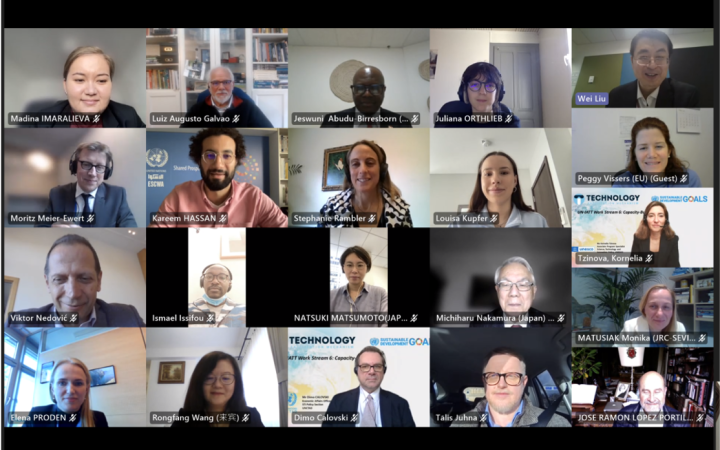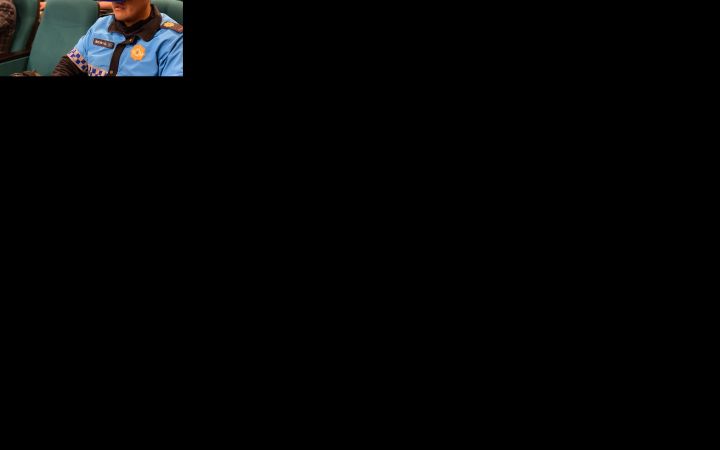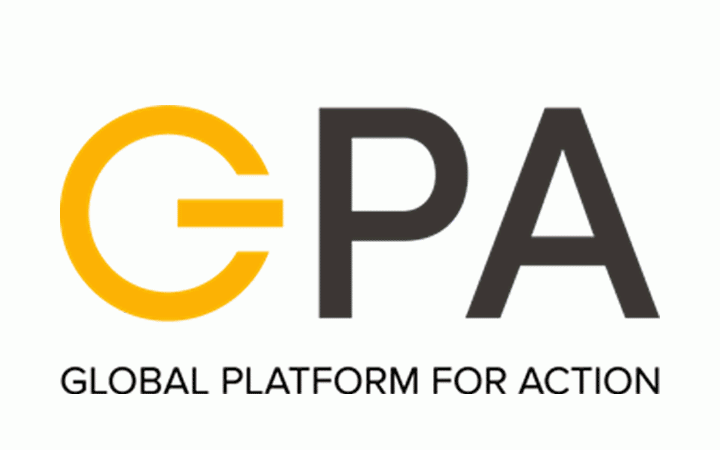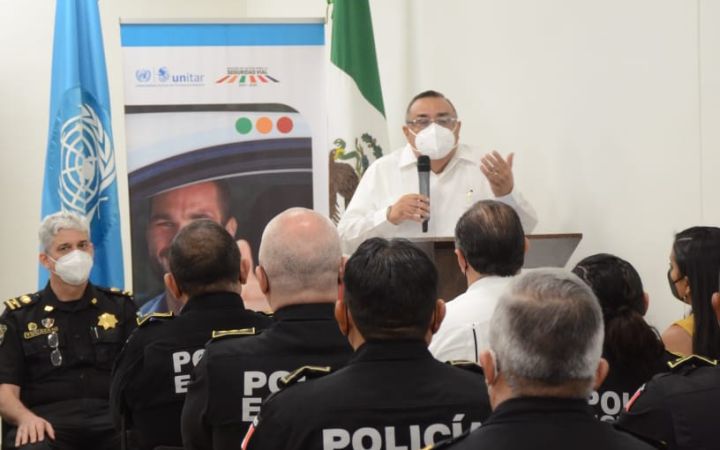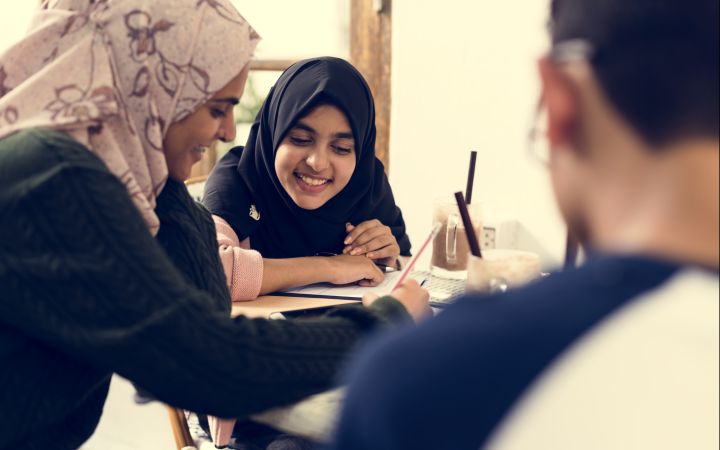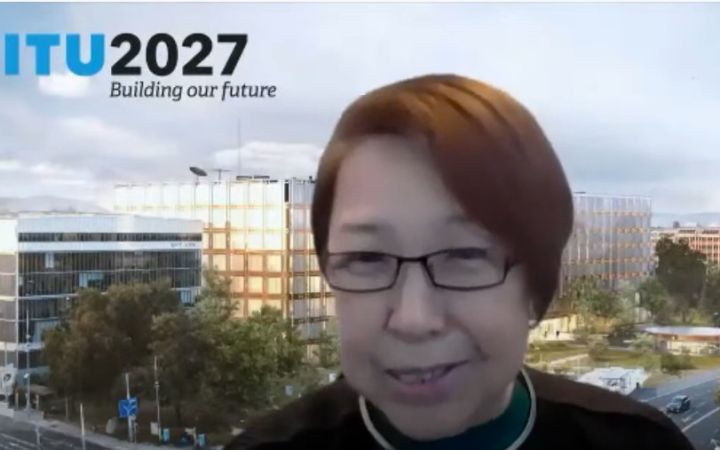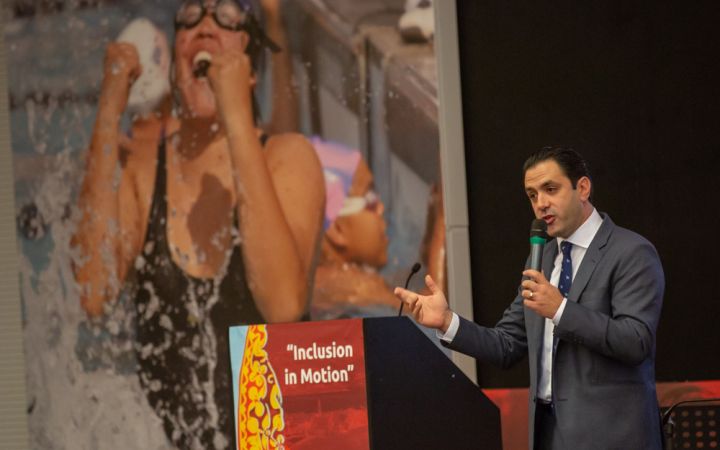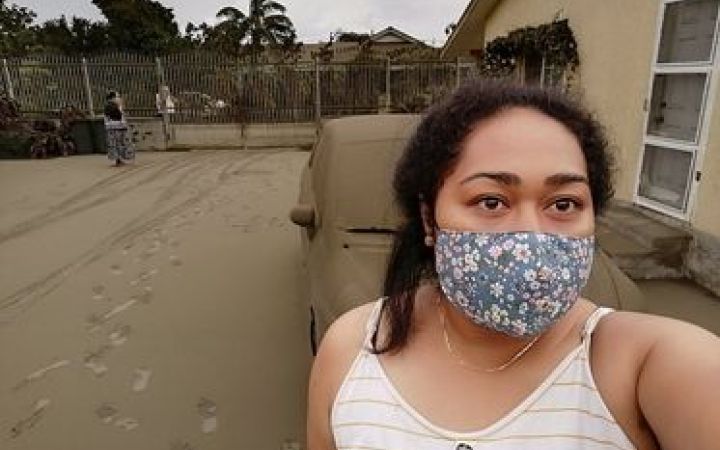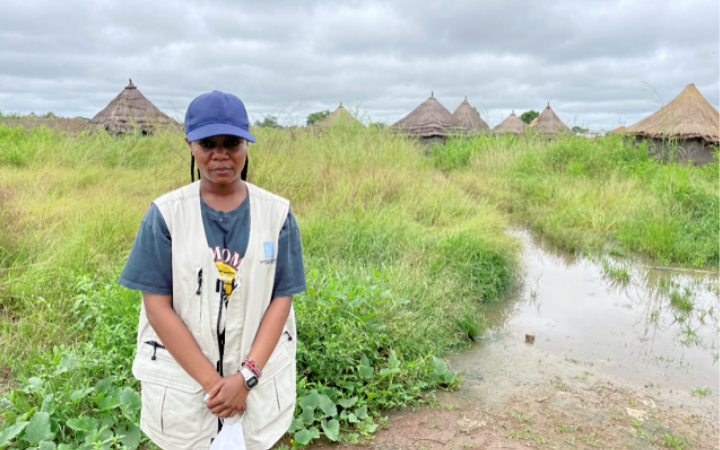Displaying 701 - 710 of 1096
On the 5th of April 2022 - As an important input to the 7th STI Forum, to celebrate the launch of the Massive Open Online Course Develop and Implement Science Technology and Innovation for SDG Roadmaps - Level 1, developed by UNITAR and UNDESA's Division of Sustainable Development Goals (UN DESA/DSDG), partners and stakeholders gathered online and discussed its significance, journey and the road ahead for the United Nations Inter-agency Task Team on Science, Technology and Innovation for the SDGs (IATT).
11 May 2022, Quito, Ecuador – Road traffic crashes claim 1.35 million lives each year and as many as 50 million more people are injured. They are the eight-leading cause of death across all age groups globally and the number one leading cause among young people aged between 5 and 29 years, costing governments approximately 3% of GDP and 5% in low- and middle-income countries (World Health Organization, WHO 2018).
11 May 2022, Geneva, Switzerland - The Humanitarian Energy Conference (HEC) will take place this year on Monday, 16 May 2022 in Kigali, Rwanda on the day preceding the SEforALL Forum. The HEC is co-hosted by the Steering Group of the Global Platform for Action on Sustainable Energy in Displacement Settings (GPA), Practical Action, and NORCAP with the generous support from the German Federal Foreign Office, Norwegian Ministry of Foreign Affairs, and the Norwegian Agency for Development Cooperation (Norad).
3 May 2022, Mérida, México – In line with Sustainable Development Goal 3.6: "Halve the number of road traffic injuries and deaths", UNITAR’s Autosobriety Training Programme seeks to contribute to changes in drivers' attitudes and contribute to the reduction of alcohol-related road crashes. The programme is aimed at government authorities responsible for road safety, road users and drivers, universities, the media, private companies, among others.
3 May 2022, Hiroshima, Japan — 65 participants joined the UNITAR online conference “Empower the Youth: Fostering Inclusive Entrepreneurship in Iraq.” In commemoration of UNITAR’s training in Iraq for the past six years, the conference aimed to identify the most pressing problems among Iraqi youth entrepreneurs and consolidate potential solutions to encourage accessibility and growth. The conference was conducted in partnership with GREEN CHARTER Foundation for Water and Environmental Consulting, KAPTA Business Hub, SANAD for Economic Development, and The Station Foundation for Entrepreneurs.
3 May 2022, Hiroshima, Japan – The COVID-19 pandemic has exacerbated socioeconomic disparities around the world. It especially highlighted the widening digital divide within societies and between industrialized and developing economies. With 96 per cent of the 2.9 billion people without Internet access living in developing countries, closing this divide requires more attention than ever before.
25 April 2022, Geneva, Switzerland – The United Nations Institute for Training and Research (UNITAR) has appointed the President and Managing Director of Special Olympics Europe Eurasia David S. Evangelista to the Advisory Board of its Division for Multilateral Diplomacy. The two-year term takes effect from January 2022 to December 2024.
April 2022 - The volcanic eruption and subsequent tsunami that hit Tonga in early 2022 is a stark reminder of the reality of disasters, and the fact that a disaster, can hit anywhere at any time and render communities vulnerable to massive damages. Mele Moimoi, a disaster risk reduction trainer at Tonga National Council of Churches (TNCC), and an alumna of UNITAR programme in 2021, tells her story.
20 April 2022, Geneva, Switzerland - UNITAR and the Food and Agriculture Organization of the United Nations (FAO) recently signed an agreement to deliver a joint online course on Trade, Food Security and Nutrition for officials from Eastern and Southern Africa. This is an updated version of the same course delivered in 2019 which generated a great interest across the region.
“Guidance from the course was essential in informing my project strategy and there is a lot of change in how I think that has really been informed by the training”.


